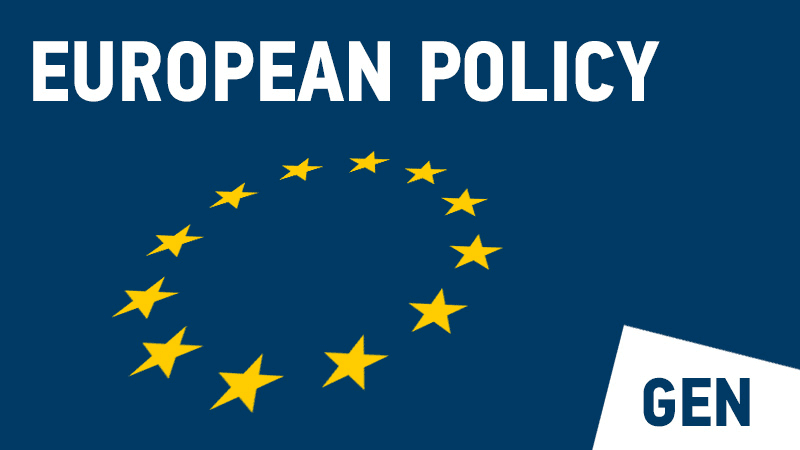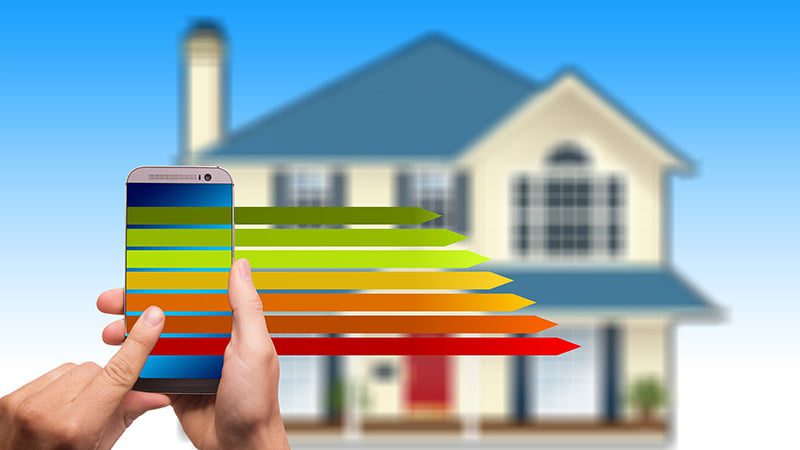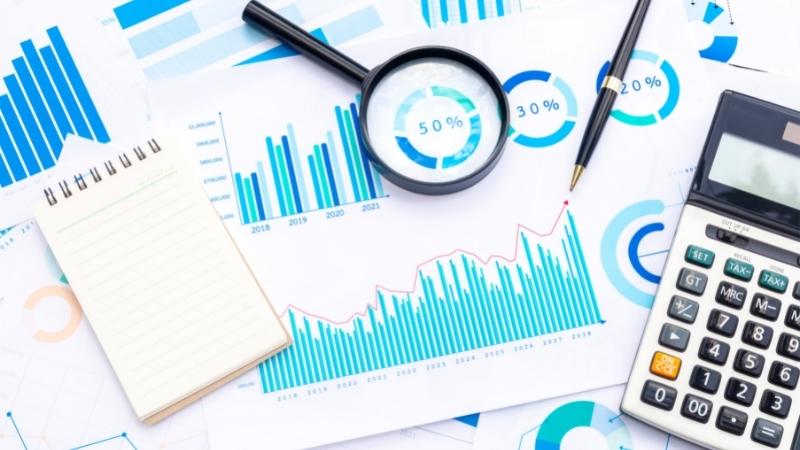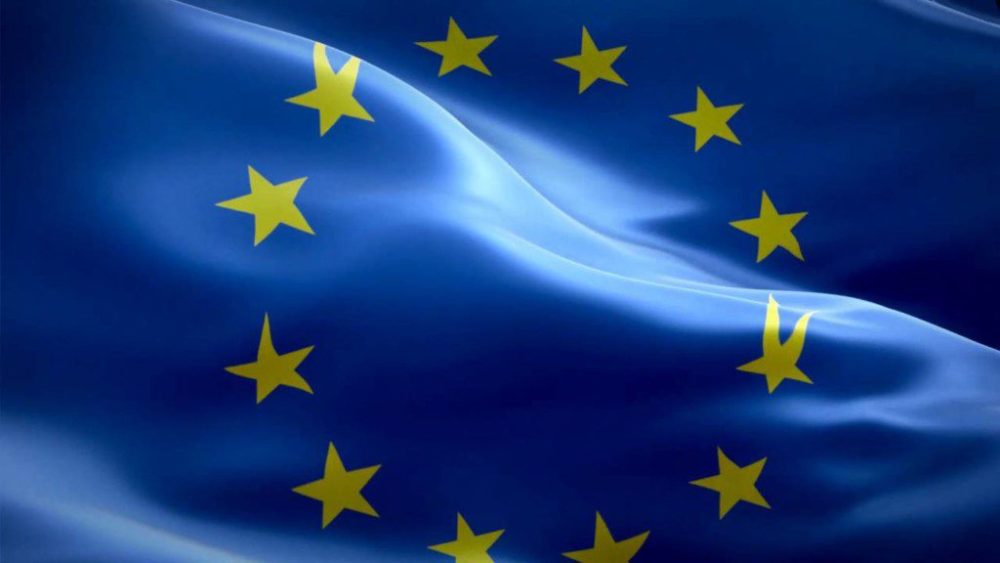GEN – 1484.00. The European Commission published its proposal for a Critical Raw Materials Act on 20 March 2023. It aims to increase and diversify the EU’s supply of critical raw materials and includes new proposed requirements for cooling generators, heat pumps and electric motors.
New requirements according to Articles 27 and 28 of the Critical Raw Materials Act
The proposal and all related documents can be found here.
According to articles 27 and 28, companies that place on the market any of the following products:
- magnetic resonance imaging devices,
- wind energy generators,
- industrial robots,
- motor vehicles,
- light means of transport,
- cooling generators,
- heat pumps,
- electric motors, including where they are integrated in other products,
- automatic washing machines,
- tumble driers,
- microwaves,
- vacuum cleaners
- or dishwashers
shall provide a label and information, to be included in the Digital Product Passport (DPP) foreseen in the Ecodesign for Sustainable Products Regulation (ESPR), that indicates:
- whether or not those products incorporate one or more permanent magnets
- whether those magnets belong to any of the following types:
- Neodymium-Iron-Boron
- Samarium-Cobalt
- Aluminium-Nickel-Cobalt
- Ferrite
- information on the weight, location and chemical composition of all the magnets, and on the presence and type of magnet coatings, glues and any additives,
- information enabling access and removal of all the magnets incorporated in the product, including sequence of removal steps, tools or technologies required.
If the total weight of all such permanent magnets exceeds 0.2 kg, the manufacturer shall make publicly available on a free access website the share of neodymium, dysprosium, praseodymium, terbium, boron, samarium, nickel and cobalt recovered from post-consumer waste present in the permanent magnets incorporated in the product.
The Commission should adopt implementing acts to further specify these requirements.
Critical Raw Materials
Critical Raw Materials (CRM) are raw materials which are economically and strategically important for the European economy but have a high-risk associated with their supply. They are listed in Annex I of the proposed CRM Act and include:
- Bismuth
- Boron – metallurgy grade
- Cobalt
- Copper
- Gallium
- Germanium
- Lithium – battery grade
- Magnesium metal
- Manganese – battery grade
- Natural Graphite – battery grade
- Nickel – battery grade
- Platinum Group Metals
- Rare Earth Elements for magnets (Nd, Pr, Tb, Dy, Gd, Sm, and Ce)
- Silicon metal
- Titanium metal
- Tungsten
The CRM Act aims to increase and diversify this supply in a number of ways, including the following:
- Launch new exploration programmes to look for mineral deposits.
- Ease new extraction projects through simplified permitting.
- Monitor and manage vulnerabilities in supply chains, including by requiring large importers to carry out regular audits.
- Assess waste recovery potential of critical raw materials in mining waste sites and waste streams with high critical raw materials.
- Requiring information on the type and composition of permanent magnets incorporated in products as well as on their recycled CRM content.
Next steps
The feedback window on the European Commission’s proposal is still open until 30 June 2023. Feedback can be submitted via the Have Your Say portal. All feedback received will be summarised by the European Commission and presented to the European Parliament and Council with the aim of feeding into the legislative debate.
The legislative process is already underway in the European Parliament and Council of the EU. The Swedish Presidency is hoping optimistically to reach a common position before the end of its mandate on 30 June 2023.
The lead committee in the European Parliament is the ITRE committee and its rapporteur published her draft report on 15 May – committee amendments were published on 26 May. These documents can be retrieved here.
Related documents and links
All related documents and articles can be found in the respective sections in the right sidebar.
- GEN – 1484.01 – Proposal for a Critical Raw Materials Act
- GEN – 1484.02 – Proposal for a Critical Raw Materials Act – Annexes






